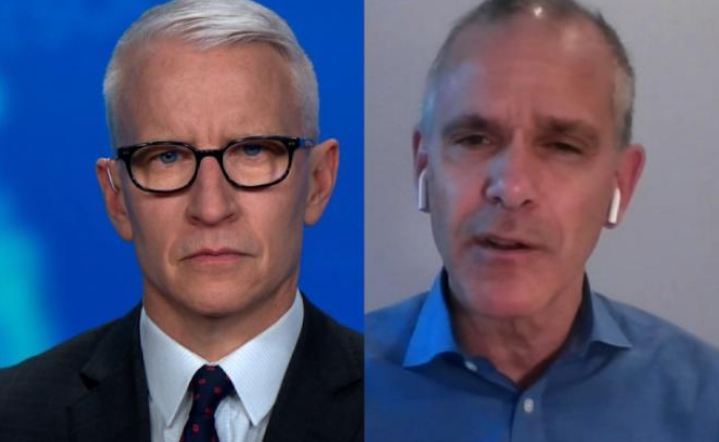For many, hearing officials discuss reopening the country comes as a relief. It means there’s a light at the end of the tunnel, that after weeks of staying home, the world will eventually return to normal — even if “normal” looks a little different than it used to.
But there are both risks and benefits to having these discussions now, especially when there is so much left to be done: A vaccine is a long way off. Testing is still not where it needs to be. Contact tracing to identify and track cases needs to ramp up.
As officials discuss the merits of reopening the country, experts say it’s important they manage the expectations of the public, clearly communicate the risks and be wary of giving people a false sense of security.
“I think it runs the risk of being premature and giving people false hope that we can quickly change into the next phases,” Dr. Lucy Wilson, an infectious disease physician and professor of emergency health services at the University of Maryland, Baltimore County, said of discussions to reopen.
“But I also think it’s necessary to include the public,” she added, “because we’re asking so much of them at this time.”
The risks need to be communicated …
Talking about reopening could lead the public to believe the country can quickly and easily return to normal, when in reality, many officials have warned a return to normal will take place gradually.
“Public discussions have the potential to raise the public’s expectations of reopening and create a false sense of security that the disease is controlled in the United States,” Wilson said.
Wilson told CNN it’s natural for people to anticipate a relaxing of restrictions as we see the positive impacts of social distancing.
“However, Americans must be made aware of the likelihood the country will have a resurgence in heightened levels of disease activity and death and this will necessitate returning to earlier stages of strict social distancing.”
“Managing these expectations is crucial for prevention of future Covid-19 surges,” she said.
Officials across the country have repeatedly urged caution, emphasizing that lifting restrictions too early could lead to another wave of infections and perhaps prompt another round of restrictions.
“We all need to understand this will be a gradual process,” Montana Gov. Steve Bullock told residents of his state this week. “Because once we begin to reopen, we want to be able to stay open.”
Wilson warned that the country should expect to see more infections and more deaths. “And no matter what we do we are going to have additional cases, and we probably will have additional waves of infection that are significant enough that we need to retrace our steps and revert to earlier phases of our control plan.”
Many US governors have been clear that the path toward reopening their states involves effective infrastructure for testing, tracking and treating the coronavirus.
“We have to have something in place that is efficient and that we can rely on,” Dr. Anthony Fauci, the nation’s top infectious disease expert, told the Associated Press earlier this week, “and we’re not there yet.”


